A couple of months ago I was lounging on my couch watching TV and snacking on Stacy’s Pita Chips. The cinnamon sugar ones are my favorite —they’re just sweet enough to feel like a dessert, but they have a satisfying crunch almost like a potato chip. During a commercial, I started to scroll through Instagram on my phone, and almost immediately I found myself looking at a promoted post for Stacy’s pita chips.
It’s not that strange to see an ad on Instagram these days — in fact, some are so stealthily designed they look like they could be actual posts from friends. But I’d never seen an ad for Stacy’s anywhere that I could remember, let alone on Instagram. And now suddenly I’m eating them and they pop up on my screen.
I put the bag down and immediately texted a friend with whom I often joke that our phones are listening to us. We’d long since accepted the fact that when we Googled a product or even talked about it out loud, we’d end up seeing it advertised on Instagram or Facebook sooner or later. It became a bit of a nihilist joke — welp, our algorithm overlords are at it again. *shrug*
But this time it really kind of freaked me out — I hadn’t said anything about Stacy’s out loud, I’d simply been crunching on them. Did Instagram have some kind of access to my debit card to know what I’d bought? Could it tell what I was eating by the crunch?
Admittedly I was getting a bit paranoid. But apparently not overly so. One cybersecurity researcher from Australia recently made headlines when he warned that our phones really are listening to us in an effort to better target ads.
Most people who have a smartphone also have “virtual assistants” with them all the time. Usually you have to come out and ask Google or Siri to look something up for you or tell you the weather, but researcher Peter Henway points out that in order to hear those commands, Google and Siri have to be listening all the time.
According to Apple and Google, these virtual assistants ignore everything but certain trigger words, but Henway claims that the rest of the words we say around our phones are accessible to other apps that could be using them to push us ads.
“Whether it’s timing or location-based or usage of certain functions, [apps] are certainly pulling those microphone permissions and using those periodically,” Henway recently told Vice. “All the internals of the applications send this data in encrypted form, so it’s very difficult to define the exact trigger.”
There could be thousands of trigger words that wake up third-party apps on our phones and alert them to our potential shopping habits, Henway claims, and it would be hard to determine what they are. It’s also worth noting that while Google has been pretty transparent about this, Facebook insists it does not use things we say into or near our phone microphones to sell us stuff. (Also note that Instagram is owned by Facebook.)
One reporter recently did an experiment with his phone to test this hypothesis. He said certain things out loud several times over the course of a few days, things like “I’m thinking of going back to uni” and “I need some cheap shirts.” The very next day he says his Facebook ads changed to reflect this, and later he even got ads for something he’d only spoken about out loud.
This is kind of creepy, to be sure. But there’s also an argument to be made that it fits pretty well into the tech-driven lives most of us are living. Henway himself points out that even if apps on our phones are listening to us in order to push ads, it’s not that much different from companies using our web browser history to do the same thing. Except for the fact that we probably say some things out loud that we might never type into a browser…
We still don’t fully understand what happens behind the screens of our phones — we mostly just have to rely on companies’ reassurances. Maybe there’s really a conspiracy going on, but something else seems just as likely: maybe advertisers have just gotten really, really good at knowing what certain demographics are doing and eating and talking about, and we’re just not as unique or spontaneous as we think.





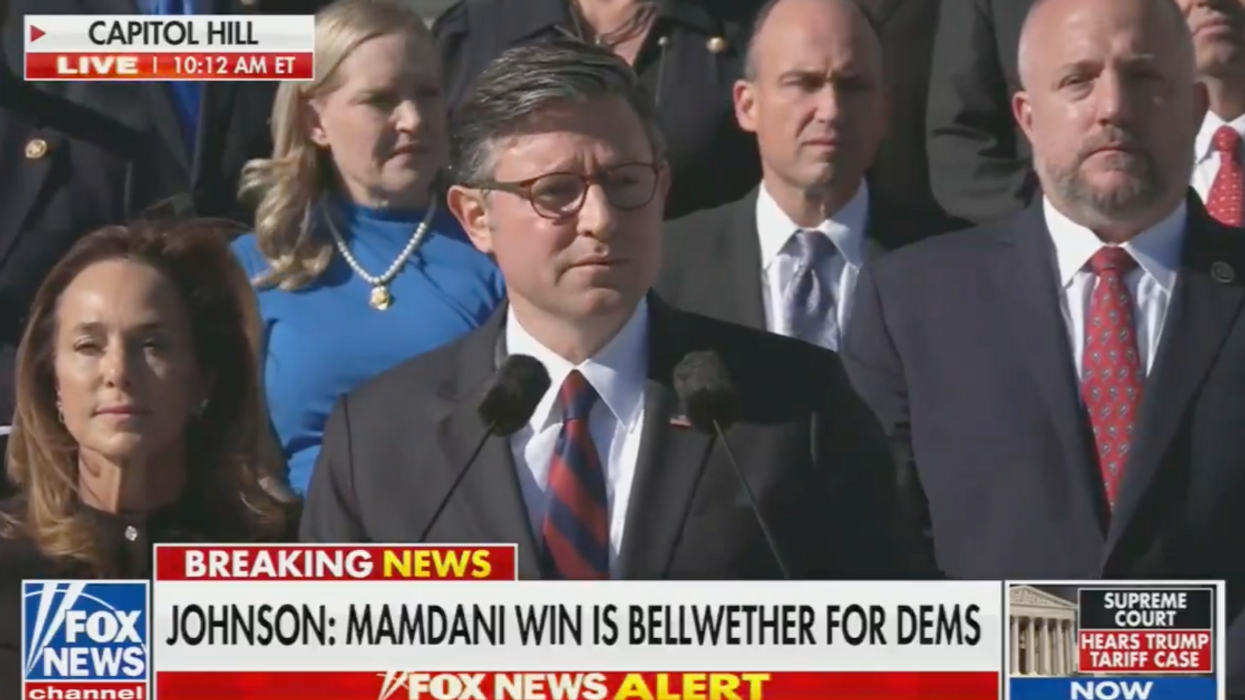

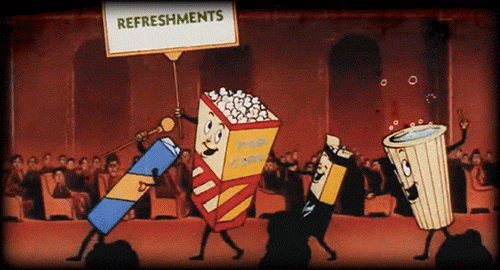 90s popcorn GIF
90s popcorn GIF  signing season 3 GIF
signing season 3 GIF  home alone pepsi GIF
home alone pepsi GIF 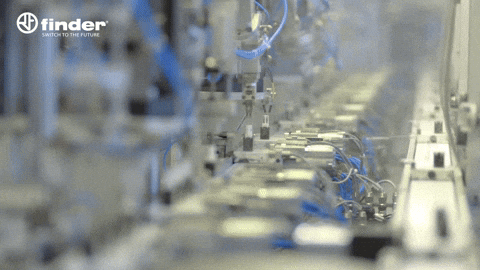 Machine Production GIF by Finder Relais Nederland
Machine Production GIF by Finder Relais Nederland  No No No GIF
No No No GIF 





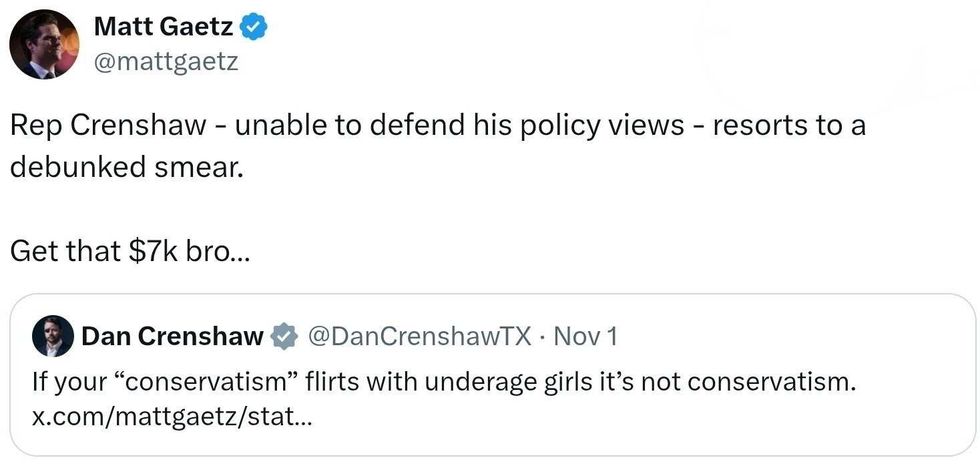 @mattgaetz/X
@mattgaetz/X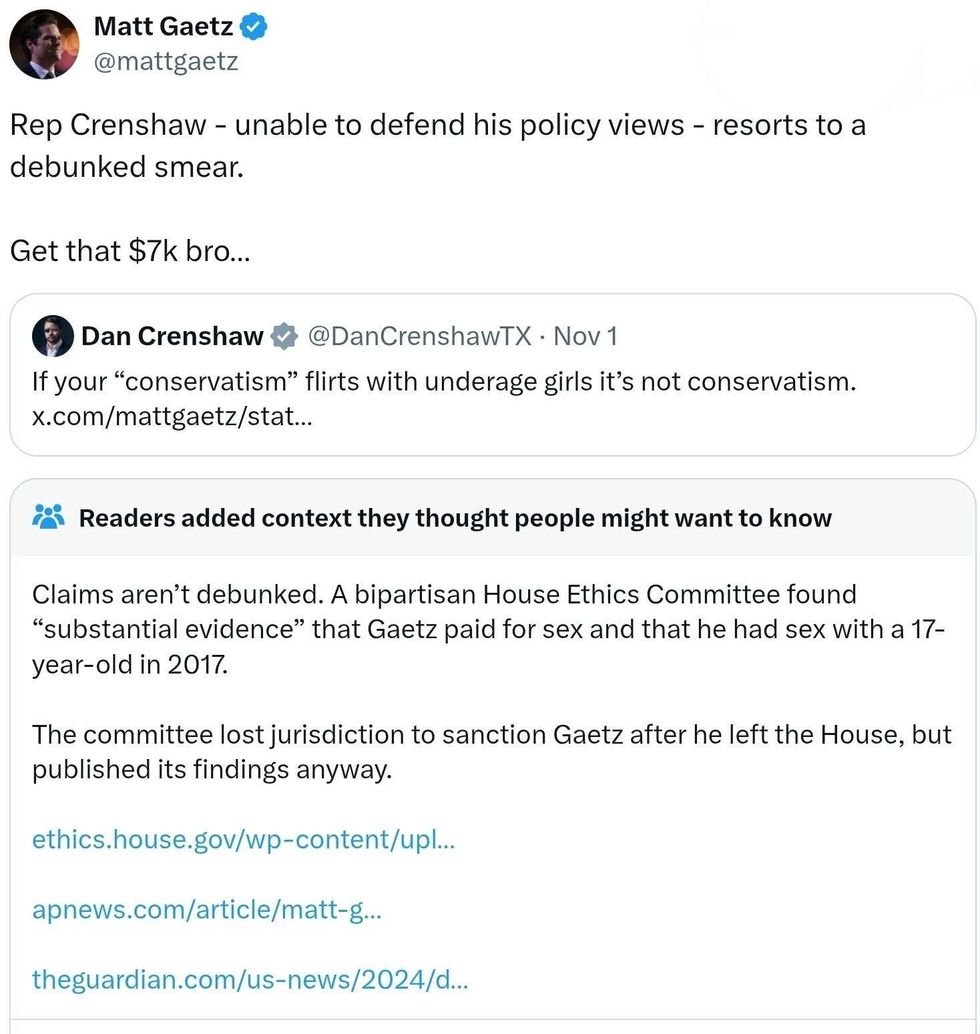 @mattgaetz/X
@mattgaetz/X


